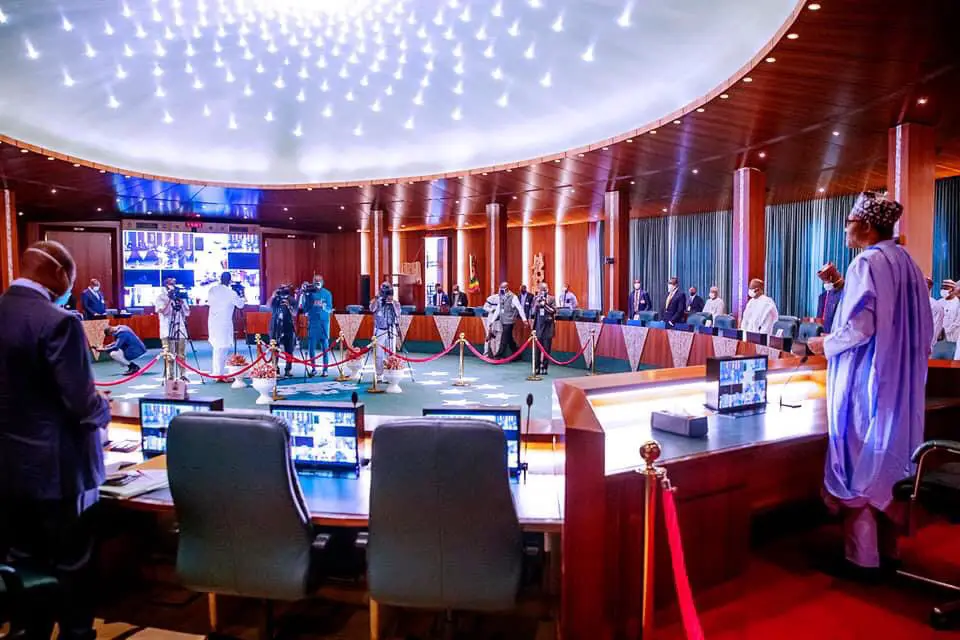
The Federal Government has approved the Medium-Term Expenditure Framework (MTEF) for 2025-2027 and the accompanying Fiscal Strategy Paper (FSP).
According to the MTEF, the proposed budget for 2025 is set at N47.9 trillion, with new borrowings amounting to N9.22 trillion. Minister of Budget and Economic Planning, Abubakar Bagudu, made this announcement to State House Correspondents following this week’s Federal Executive Council (FEC) meeting at the Aso Rock Villa in Abuja.
Bagudu explained that the FEC had approved a memorandum from the Ministry of Budget and Economic Planning, which was presented by the Director-General of the Budget Office. This memorandum outlined the MTEF and the FSP for the 2025-2027 period.
The approval comes after several weeks of delay, as President Bola Tinubu prepares to present the 2025 Appropriation Bill to the National Assembly, marking his second such presentation since taking office in May 2023.
The MTEF serves as a critical tool for the Federal Government to set its fiscal strategy over a three-year period. It includes macroeconomic assumptions and targets that guide national budgeting, alongside projections for key economic variables such as oil prices, exchange rates, inflation, and GDP growth.
For the 2025-2027 period, the MTEF outlines key parameters, including an oil price benchmark of $75 per barrel, an oil production target of 2.06 million barrels per day, an exchange rate assumption of N1,400 to the US dollar, and a GDP growth rate of 4.6 percent.
The total projected expenditure for 2025 stands at N47.9 trillion, with planned borrowing of N13.8 trillion, which amounts to 3.87 percent of GDP.
Bagudu noted that Thursday’s memorandum sought the FEC’s endorsement of the MTEF, which will be submitted to the National Assembly, as required by the Fiscal Responsibility Act of 2007.
The MTEF begins with a macroeconomic overview, highlighting that despite global economic challenges, the Nigerian economy is on a positive trajectory. The economy has shown two consecutive quarters of growth, including a 3.19 percent real GDP increase in the second quarter of 2024.
However, Bagudu acknowledged that there are ongoing challenges, particularly with inflation, and emphasized the need to strengthen economic resilience, support vulnerable populations, promote high-employment sectors, improve the business climate, and effectively implement youth and social investment programs.
Additionally, the framework, alongside the FSP, includes a review of the 2024 budget’s implementation, noting progress in revenue collection and expenditure management, although some targets have not been fully met.





